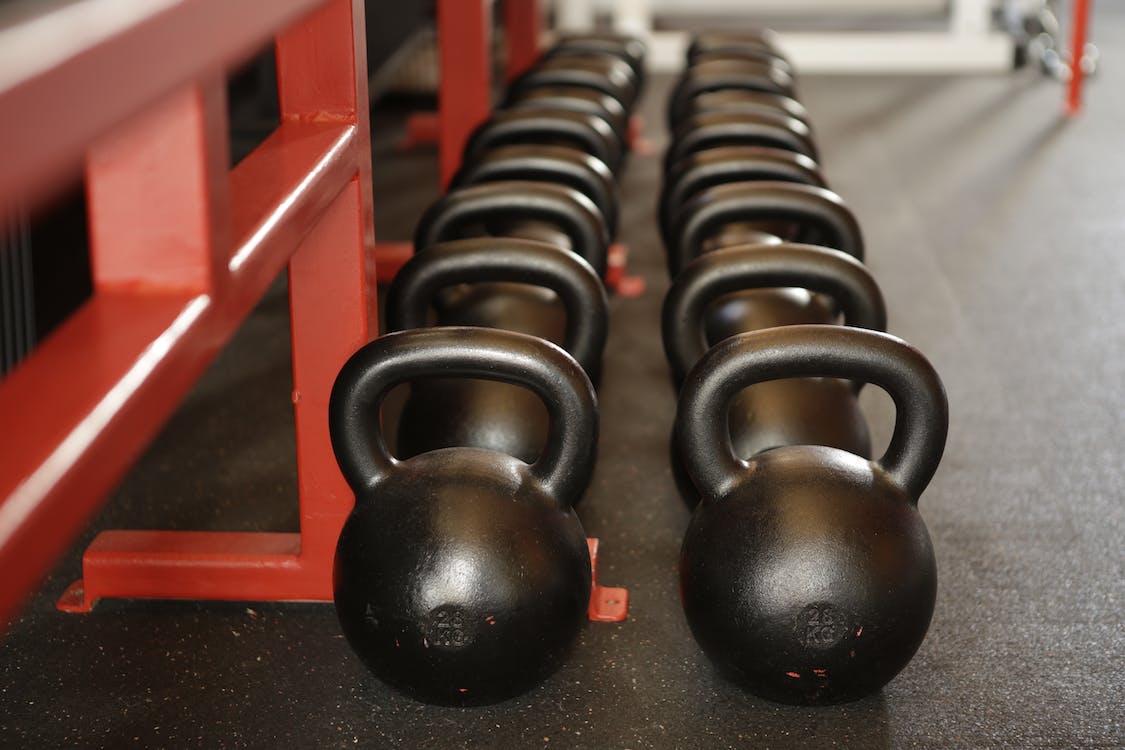As people seek effective and natural ways to improve and enhance their wellness and health, peptide therapy has increasingly gained popularity in recent decades. Peptides are organically occurring substances involved in various critical physiological processes in the body, including muscle building.
What are peptides?
Peptides are condensed chains of amino acids and are a more diminutive form of protein. The small size makes it easier for the body to absorb and quickly enter the bloodstream. The most direct way to obtain peptides is through a protein-rich diet featuring meats, beans, lentils, oats, and soy.
Bioactive peptides are also available as supplements for various health benefits. Its specific amino acid sequence determines the effects of a bioactive peptide. Creatine peptides are popular supplements that boost strength and support muscle growth.
Various types of peptides
Peptides are critical components of proteins and enzymes and can be either natural or synthetically created. Natural peptides are produced naturally within our bodies. Synthetic peptides, however, are designed to stimulate a pronounced immune response and are prescribed for immunized individuals as supplemental support.
Depending on their purpose and function, many different types of peptides exist. Prevlenat peptide types include dipeptides, peptide hormones, and enzyme inhibitors. Determining the necessary peptide is critical for one’s health, as each type has different properties and effects on the body.
How peptides aid in building muscles
Peptides are the building blocks of proteins in body tissues that allow our muscles to be strong and flexible. When absorbed into the body, peptides stimulate the creation of new protein molecules, helping build and repair muscle fibers. Peptides promote muscle growth, increase strength, improve recovery after workouts, and can help reduce body fat. Peptides increase blood flow to the muscles, providing them with the necessary nutrients and oxygen for growth and recovery.
Other peptide benefits include improved endurance and reduced fatigue, allowing for more intense and effective workouts and more significant muscle growth while receiving adequate anabolic hormones necessary for functional muscles and testosterone.
Improve the production of IGF-1
Peptides are potent catalysts that drive muscle growth and repair. They can trigger the production of IGF-1, a hormone essential to building and repairing muscles. This process stimulates cell division, resulting in enlarged muscle fibers. Additionally, IGF-1 has several beneficial effects beyond increased size and strength, such as improved bone density and cardiovascular health. However, these outcomes depend on the type of peptide used.
Regulate metabolism
Some peptides help regulate metabolism, promote a favorable body composition, and enhance muscles’ appearance. Reducing body fat can help these peptides establish an ideal balance between muscle and fat.
Enhance nutrient delivery
Peptides can boost nutrient delivery to muscles by improving blood flow, leading to increased muscle growth and repair. They can also enhance muscle endurance and minimize muscle damage, enabling more productive workouts. Peptides are most effective when combined with a well-balanced diet and regular exercise routine.
Other benefits
By introducing peptides, ageing skin can be rejuvenated and protected in many ways. Peptides help facilitate the production and repair of collagen for improved elasticity and firmness, the two critical factors in reducing wrinkles and fine lines.
Furthermore, applying topical peptides creates a protective film on the surface of your skin that prevents moisture loss while activating hyaluronic acid levels for enhanced hydration, yielding smoother, brighter complexions with long-term benefits.
Peptides are also known for accelerating wound healing and easing joint pain. They help fortify tissue growth and repair and possess anti-inflammatory properties to minimize discomfort associated with mobility issues. These powerful elements make peptides the perfect solution for those struggling with chronic aches or wounds needing rapid recovery.
Conclusion
Peptides are helpful for people who need extra support to build muscle mass. Therefore, peptide therapy is gaining popularity as an effective way to enhance this physiological goal. When combined with regular workouts, peptide therapy can augment athletic performance by supporting stress release, reducing fat, and promoting the growth of muscles.

